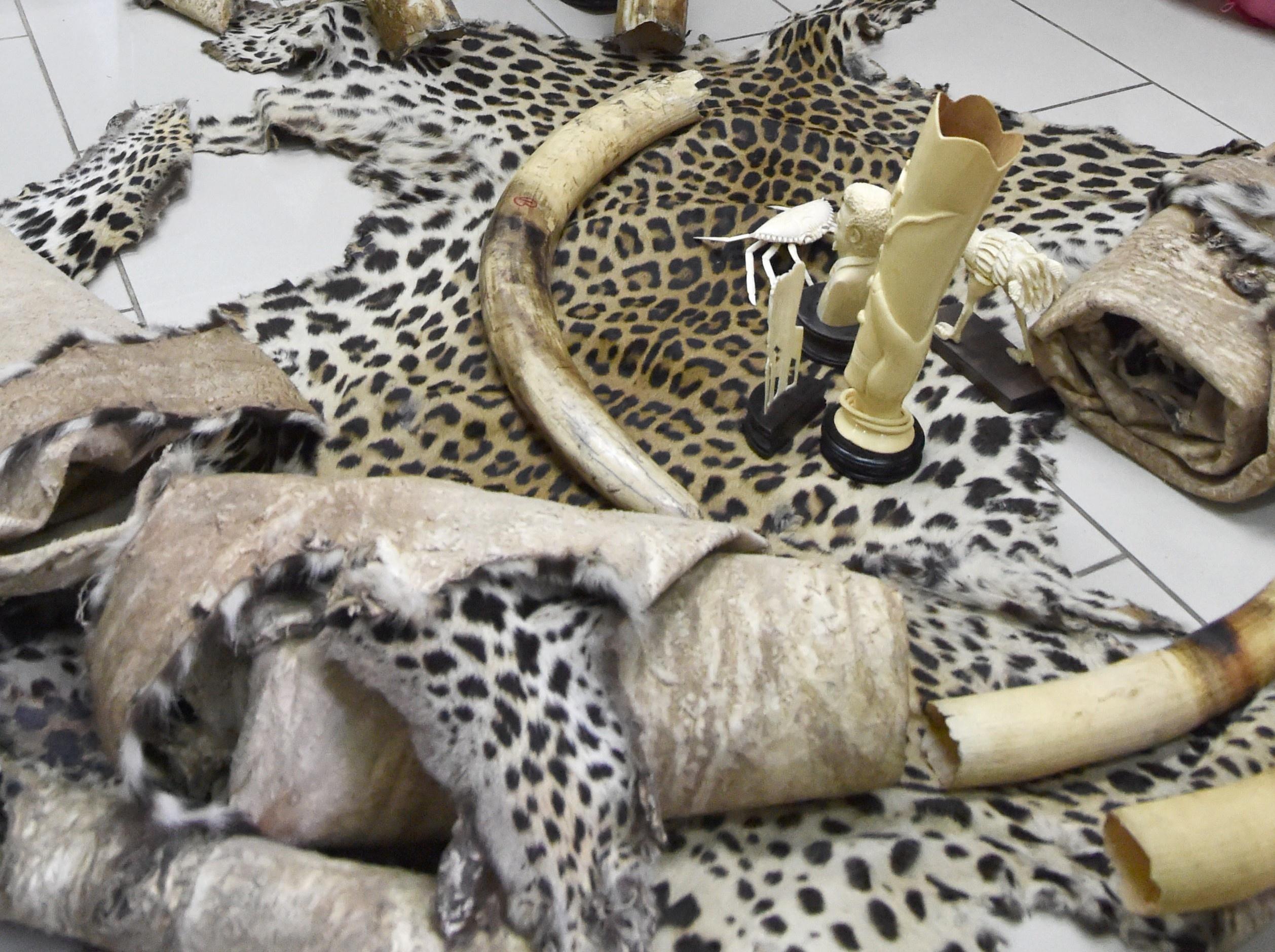The topic may be sounding odd to you. But let me clear your query and take you for a glance at what will happen if the wilds will start acting like humans because already humans have started acting brutally. The rate of illegal wildlife trading has been raised like hell over the years. Humans can’t sustain themselves alone on this earth.
It has to go by the process, It has to follow the cycle of the food chain, food web, the concept of the pyramid, and sustainability, or else it will be no longer when the machines will learn humans as an extinct species. They have to understand that When criminals traffic in endangered species, they damage entire ecosystems and imperil vital connections to the biological diversity of the planet. And the loss of a single species can hamper the whole system crazy and can lead mankind to natural disasters like drought. "People may associate wildlife trade with the trafficking of wild animals as pets or the smuggling of ivory. But the trade in wildlife is more pervasive than most people realize in our daily lives. For instance, the wood used to build the dining room table where your family dines may have come from the wildlife trade "says Caroline Fukushima, a researcher at the University of Helsinki's Finnish Museum of Natural History (Luomus). Trade in wildlife may be permitted, prohibited, unregulated, sustainable, or unsustainable. "People should be aware that "sustainably produced or traded" does not always equal "traded or produced legally." One of the five main causes of biodiversity loss and extinction on a worldwide scale is the illegal or unsustainable trade in wildlife (IUWT) "says Fukushima.
Illegal wildlife trading increases the likelihood that people may come into contact with animal infections by causing habitat loss, which eliminates crucial buffer zones between people and wild animals. The spread of diseases is more likely when specimens are traded illegally since they are considerably less likely to be bought or sold in locations where sanitary requirements are strictly adhered to. And situations like this will take no longer to face another pandemic like the COVID outbreak. Similar to the trafficking of illegal drugs and weapons, deadly multinational networks operate in the trade of wildlife and animal parts. It is nearly impossible to find accurate estimates of the value of the illegal wildlife trade due to its very nature. Examples of illicit wildlife commerce include the poaching of tigers and elephants for their skins and bones, as well as the removal of ivory from elephants. Numerous other species, including timber trees and marine turtles, are over-farmed as well. Trade in wildlife is not always forbidden.
Tens of thousands of kinds of wild animals and plants are caught or harvested, and they are then lawfully marketed as food, pets, ornamental plants, leather, tourist souvenirs, and medicines. But a growing fraction of the wildlife trade is illegal and unsustainable, it becomes a crisis because it endangers the survival of several species in the wild. In some circumstances, wildlife trafficking poses a threat to national stability and can undermine the rule of law and good governance. We as Humans are solely responsible for this anthropogenic disasters like the Human-elephant conflict, death caused by a wild bear, destroyed agricultural fields by wild pigs, boar, elephants, etc. We are making construction sites, causing deforestation, doing excessive trade on wild creatures, and so on. So here arises the question of what we can do.
In our capacity as a conservationist, policymakers, or enforcement agents:
- Make sure the transaction is sustainable.
- Create sophisticated tactics to stifle IUWT by comprehending the cultural and societal dimensions of the need for wildlife.
- Local communities who rely on the trade in wildlife should be heard, engaged with, and assisted in taking the initiative.
- Demand improved oversight and regulation of internet wildlife trade.
- Make sure that your nation's laws shield animals from IUWT.
- Encourage scientific research and make use of it to guide conservation initiatives and policy.
- Make technologies and other resources to stop the illegal trafficking of wildlife available to everyone.
- Establish a global network of experts in related subjects, such as forensic science, trade regulation, and biology.
Being a customer:
- Select products that have been obtained legally and sustainably, and support programs that guarantee sustainable trade.
- Demand political support and money for programs to reduce IUWT.
- Increase public knowledge of IUWT, and alter or minimize animal consumption patterns that threaten biodiversity.
- Avoid purchasing wildlife or products made from it in marketplaces, tourist attractions, online, or anywhere else.
- Before you like or share a social media post showing an unnatural encounter between a human and a wild animal, think twice.
- Don't support tourist destinations or lead those teams that make contact between people and wildlife with a profitable notion.
It’s not too far when our next extinction will be either humans or wild. So we have to be cautious before the wilds turn into humans.
References
University of Helsinki. "Illegal and unsustainable wildlife trade is affecting all of us – what can we do about it?." ScienceDaily. ScienceDaily, 13 October 2021. <www.sciencedaily.com/releases/2021/10/211013104605.htm>.
https://www.worldwildlife.org/threats/illegal-wildlife-trade
